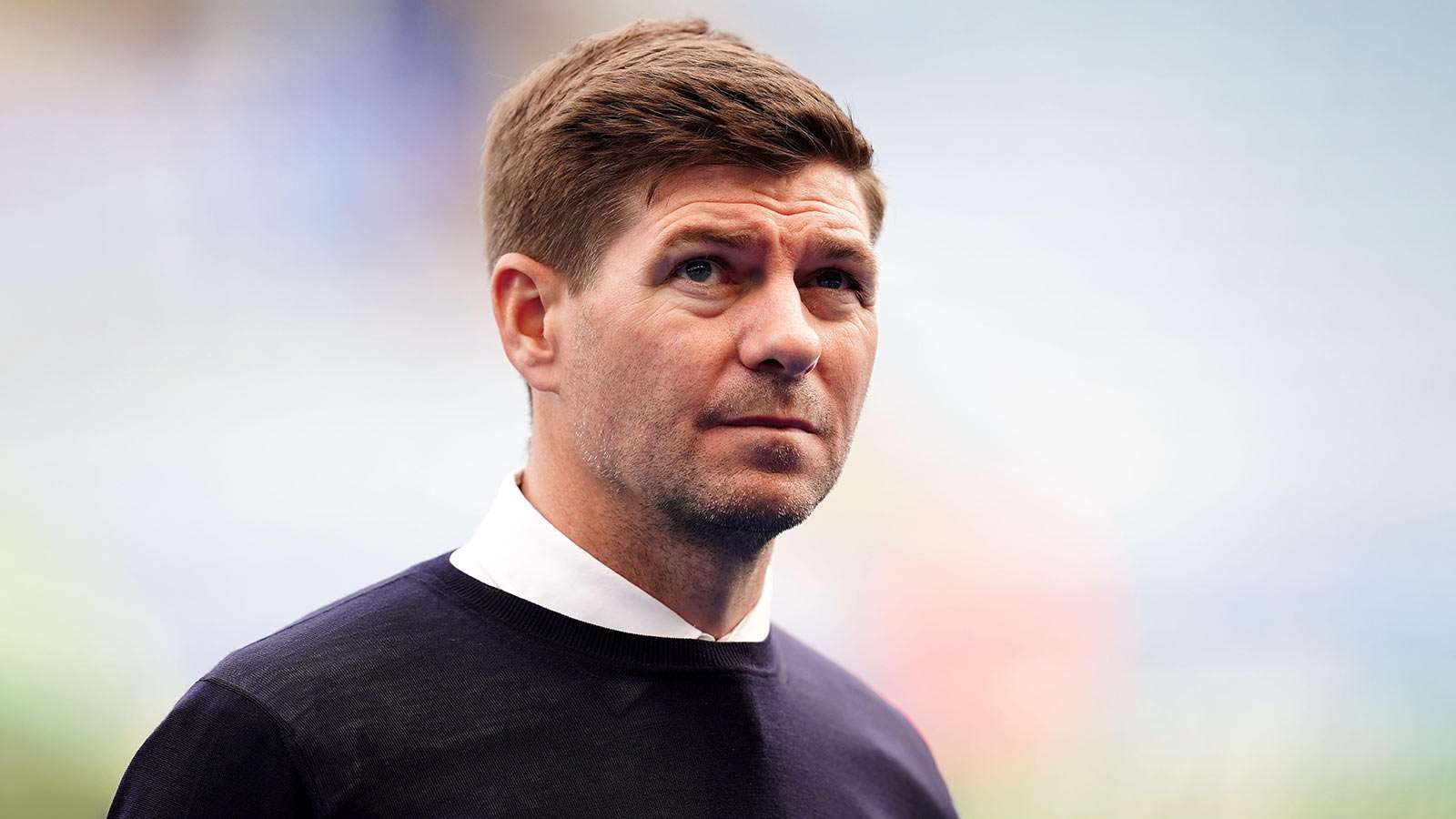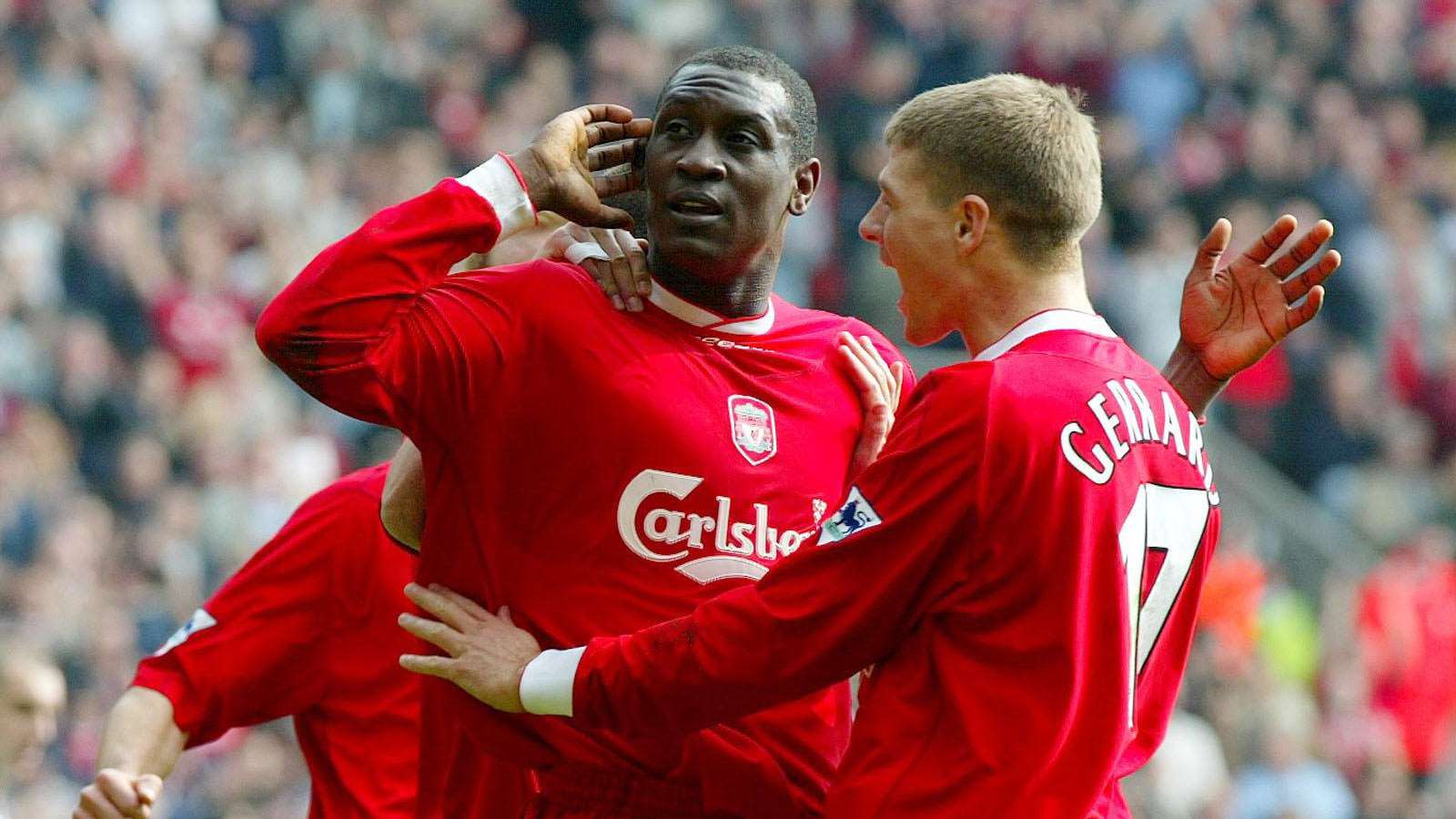Liverpool legend Steven Gerrard could make a dramatic return to Glasgow as the Rangers board consider their next move after parting ways with Russell Martin amid growing fan unrest.
In the end, the Russell Martin experiment ended not with fanfare, but with a side door and a waiting car.
At Falkirk Stadium on Sunday night, amid angry chants and simmering frustration, Martin slipped quietly away after a 1–1 draw that felt like a breaking point. It left Rangers 11 points adrift at the top of the Scottish Premiership after just seven games and left the Ibrox hierarchy with little choice.
The club confirmed his departure in a statement released later that evening.
“Rangers Football Club confirms that it has parted company with head coach, Russell Martin,” it read. “While all transition periods require some time, results have not met the club’s expectations. Assistant head coach, Matt Gill, and first-team coach, Mike Williamson, will also be departing. Russell and his staff have worked exceptionally hard throughout their time at the club. We thank them for their efforts and wish them well for the future.”
It brought to an end a short, bruising tenure. Martin, hired in June after a promising spell at Southampton, arrived preaching a brand of football built on possession, patience and principles. But ideals that thrive in lower-pressure environments often wilt under the relentless scrutiny of Ibrox.
One win from seven league games, combined with limp performances in Europe, left Martin badly exposed. The statistics were damning: just five victories from 17 competitive matches, a muddled tactical identity, and a fanbase that had long stopped believing. By Sunday, the atmosphere had turned mutinous. Furious supporters surrounded the team bus after the draw at Falkirk. The board’s reluctance to act gave way to hard reality.
And so, inevitably, Rangers find themselves looking backwards to move forwards.
Steven Gerrard’s name was being whispered before Martin had even gone. By Monday morning, it was being openly discussed inside Ibrox. The former Liverpool captain is under serious consideration for a dramatic return to Glasgow, three years after leaving for the Premier League.
His first spell is the benchmark against which every appointment since has been measured. Gerrard took over in 2018 with Rangers still searching for a way out of the wilderness years that followed financial collapse and demotion. He restored belief, discipline and identity.
More than that, he delivered. In 2020–21, Gerrard led Rangers to their first league title since 2011, finishing the season unbeaten and halting Celtic’s pursuit of ten-in-a-row. That triumph remains the club’s lone championship in the last 14 years. He re-established Rangers in European competition and built a team that reflected his own fierce competitiveness.
His departure in late 2021 for Aston Villa hurt supporters deeply. But crucially, his name still carries enormous weight among the fanbase. Gerrard is seen by many as “one of us” a man who understood the demands and scale of Rangers in a way few outsiders ever truly grasp.
What has happened since, however, complicates the picture. Gerrard’s time at Aston Villa started brightly but unravelled quickly. He was dismissed after just under a year, unable to build consistent performances in the Premier League. A lucrative move to Saudi Arabia followed, taking charge of Al-Ettifaq, but he left in January after a frustrating spell that provided little clarity on his long-term managerial ceiling.
Gerrard is now out of work and available. At 45, opportunities at major clubs may not be as plentiful as they once seemed. A return to Rangers could represent both a familiar haven and a critical juncture in his career a chance to rebuild reputation and rekindle momentum.
For Rangers, the calculation is equally complex. Gerrard’s first title came with heavy financial backing. The club invested significantly to assemble a squad capable of halting Celtic. There’s little indication they can offer similar resources this time.
Rangers’ situation is precarious. Seven games into the league season, they already trail Celtic by double digits. Hearts currently sit at the summit, but the Old Firm rivalry frames everything. Falling further behind their greatest rivals is politically and emotionally unacceptable for the club and its supporters.
Martin’s exit is just the latest chapter in a turbulent managerial merry-go-round since Gerrard’s departure. Liverpool current assistant Giovanni van Bronckhorst briefly steadied the ship and even reached a Europa League final, but was ultimately dismissed. Michael Beale arrived with promise but left under a cloud. Martin was the latest bold but risky appointment that has ended in disarray.
Each misstep has reinforced the idea that Gerrard’s era represented a kind of fleeting stability and identity something Rangers have struggled to replicate.
The board, too, faces pressure. Reluctant to part ways with Martin so early, they were ultimately forced by results and fan unrest. The appointment that comes next must both steady the club and inspire supporters. Gerrard, with his track record and emotional connection, ticks both boxes.
There are no guarantees, of course. Gerrard has not publicly indicated his interest, and negotiations over finances and structure would be delicate. But inside Ibrox, there is a growing sense that his return, if not imminent, feels inevitable.
For Gerrard, this is not just about unfinished business. It might also be the last open door before the lights start dimming on opportunities at the top level. For Rangers, it’s about stability, belief and reconnecting with a support that has grown weary of false dawns.
The timing may not be perfect. The finances may not match his first reign. But in a moment of crisis, Rangers are once again turning to the man who once restored their pride.
Sometimes, football stories circle back on themselves. And at Ibrox, the Steven Gerrard story may be about to enter its second act.




